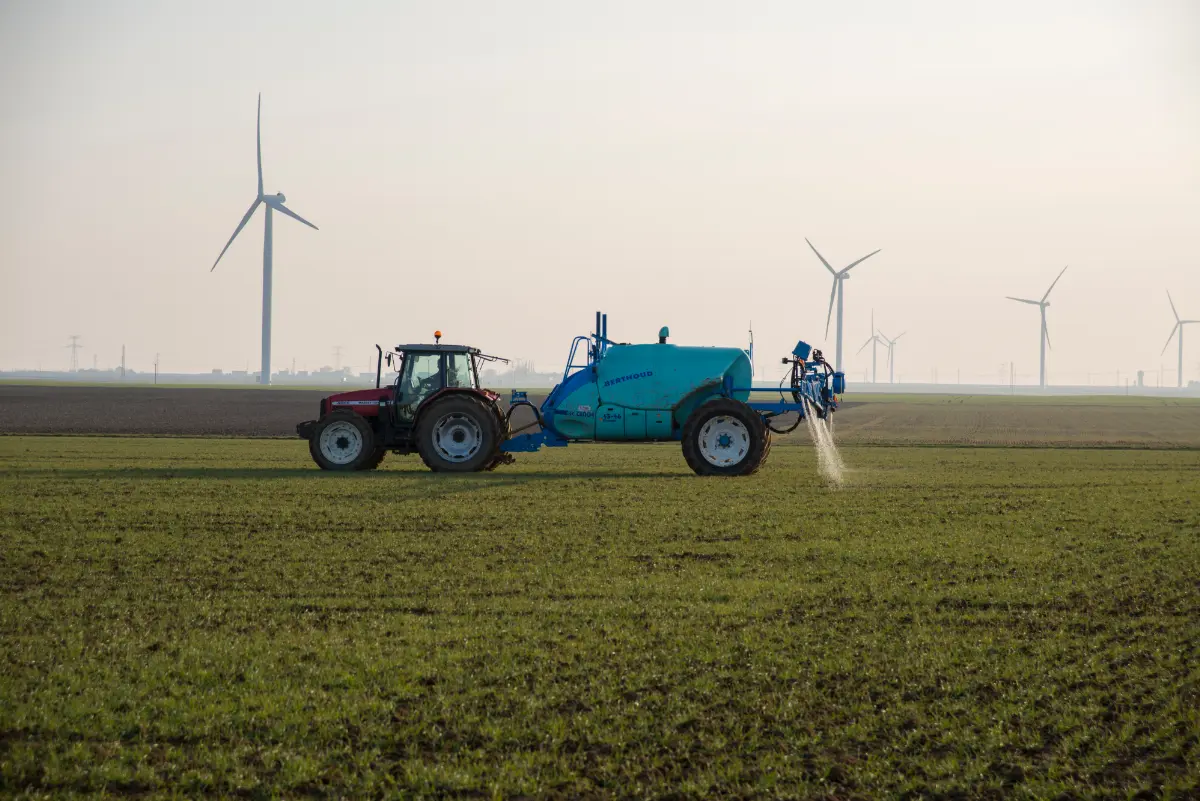
Do you want to access to this and other private contents?
Log in if you are a subscriber or click here to request service
Fertilizers: European Parliament is asking for autonomy and lower prices
Also in this area we are moving in the direction of less dependence on "autocratic regimes"

The European Parliament has urged the European Commission to guarantee the supply of fertilisers, to ensure that prices are lowered and to increase the strategic autonomy of the European Union on this matter. In a show of hands resolution, MEPs call for a long-term EU strategy on both fertilizers and soil nutrients by June 2023.MEPs point out that Russian gas, used in the production of fertilizers,...
lml - 29356
EFA News - European Food Agency
◄ Previous page
EFA News - European Food Agency